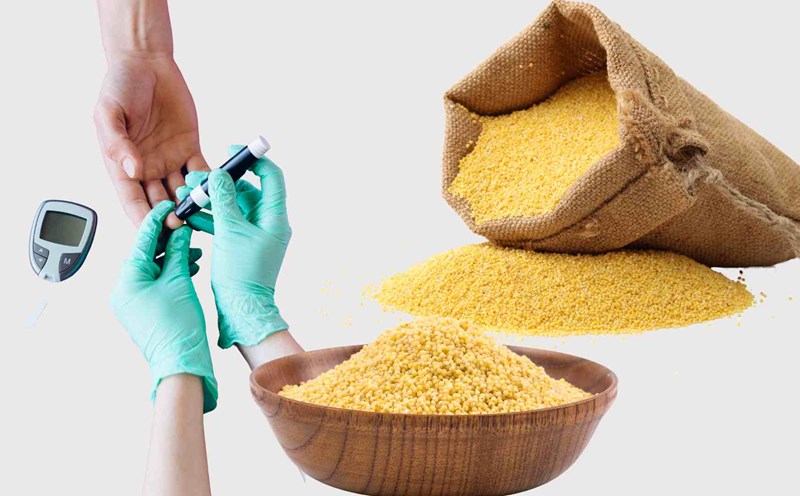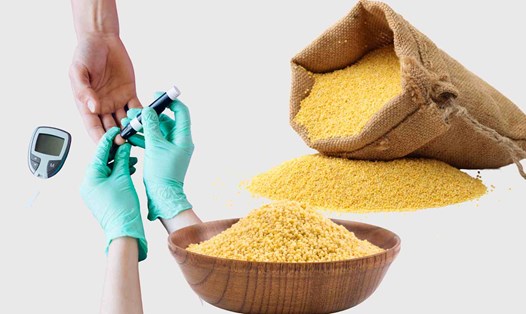nen limit the consumption of foods with a high glycemic index
Management of blood sugar is not simply limiting sweets or desserts. In fact, many people still have hyperglycemia even though they hardly eat candy.
Dr. Manisha Arora, Director of Internal Medicine, CK Birla Hospital (Delhi, India), shared on IndianExpress that the concept of pointing to sweets that cause hyperglycemia is a common problem.
Ms. Arora said that even if you don't eat candy, consuming foods with a high glycemic index (GI) such as white bread, potatoes, refined rice... can still cause blood sugar to spike.
In addition, large portions and processed foods high in bad fats also contribute significantly.
Meanwhile, Dr. Aarti Ullal, a diabetologist at Gleneagles Parel Hospital (Mumbai) emphasized that hyperglycemia also comes from many other factors such as stress, lack of exercise, poor sleep, use of certain medications or abandonment of diabetes treatment, insulin.
Factors that cause increased blood sugar in addition to diet
Medications: Corticosteroids (used in the treatment of asthma, arthritis, lupus) can increase blood sugar. Some anti-depressants, birth control pills or nasal strips also have the same effect.
Chronic stress: The body secretes a lot of the hormone cortisol, stimulating the liver to release glucose, leading to increased blood sugar.
Poor sleep: Lack of sleep or poor sleep reduces insulin sensitivity, easily causing increased blood sugar.
Lack of exercise: Static lifestyle leads to insulin resistance, which is a direct factor in increased blood sugar.
Infections, diseases: Even colds, flu or pneumonia can cause blood sugar to increase due to the body's stress response.
dawn phenomenon: Early in the morning, the hormone cortisol and growth hormone increase, stimulating the liver to produce glucose, causing blood sugar to increase above normal levels.
Somogyi effect: In insulin users, blood sugar can drop too low at night, forcing the body to compensate with stored glucose, leading to increased blood sugar in the morning.
Hormones: Postmenopausal women or people with hormonal imbalances often experience fluctuations in blood sugar due to changes in insulin sensitivity.
Note
According to experts, controlling blood sugar cannot rely solely on avoiding sweets.
What is needed is a comprehensive strategy with a balanced diet, regular exercise, adequate sleep, and stress reduction through yoga and meditation. At the same time, comply with medication and have regular check-ups.
"Duong is not the only culprit. Lifestyle, hormones, medications and physiology all play an important role. Patients need to monitor closely and coordinate with doctors to maintain stable blood sugar, Dr. Arora affirmed.
Dr. Ullal emphasized that with the right approach, patients can effectively control blood sugar and improve their quality of life in the long term.











